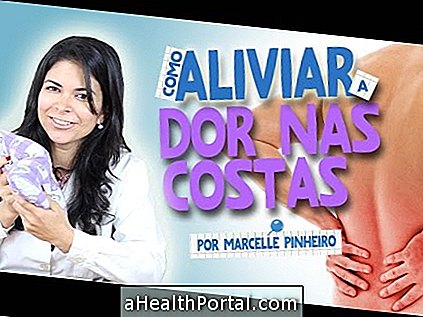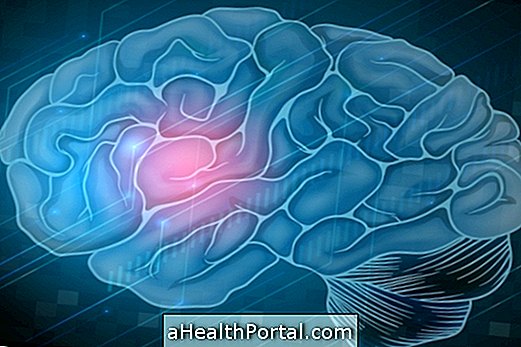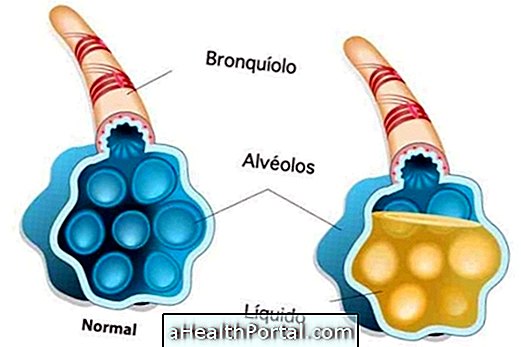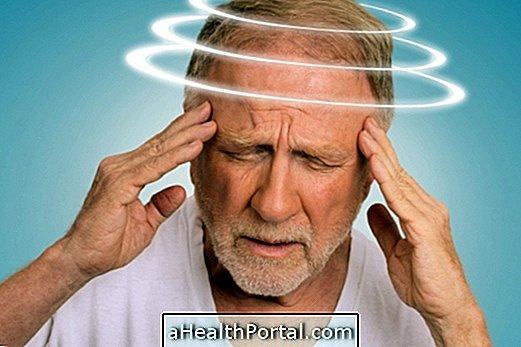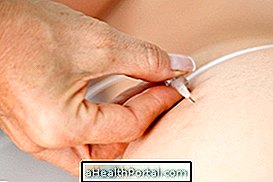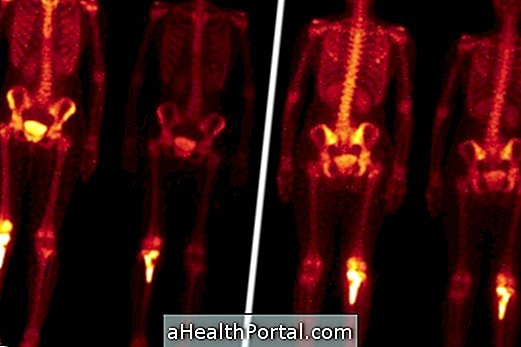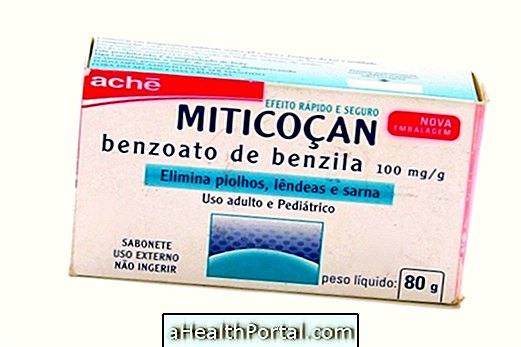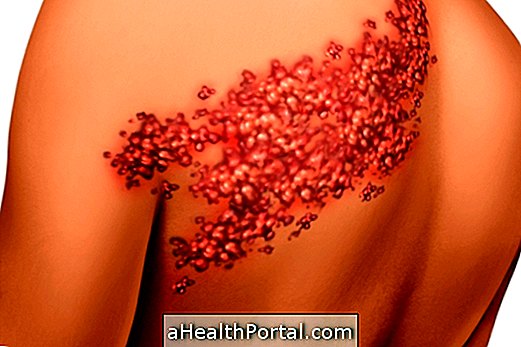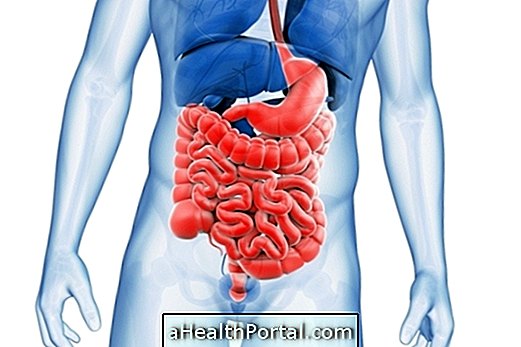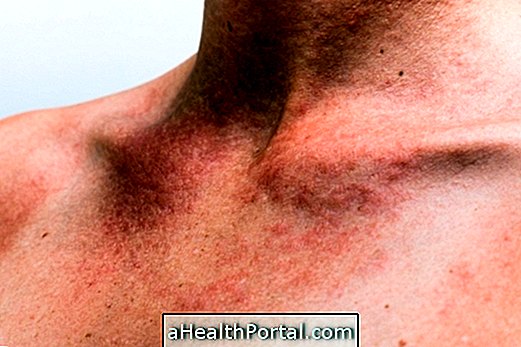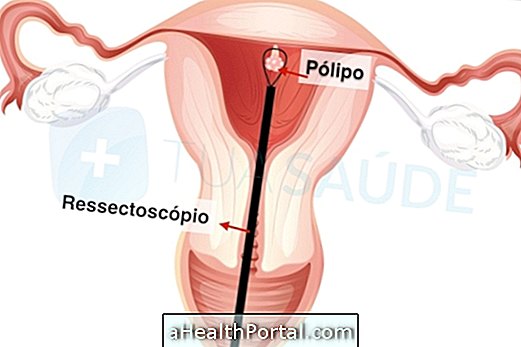Symptoms of lack of calcium in the body, also called hypocalcemia, appear primarily in the long term, when the deficiency lasts for a long time, causing problems such as bone weakness, osteoporosis, tooth sensitivity and heart palpitations. Learn more about what hypocalcemia is and what this condition can cause.
Calcium is a key mineral for the proper functioning of the body, especially for the functioning of the nervous system and bone health, and is present in various foods like yogurt, milk, cheese, spinach, tofu and broccoli, which should be consumed daily to maintain an adequate amount of calcium in the body. See which foods are high in calcium.
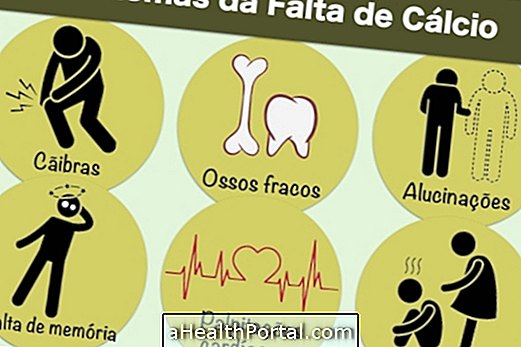
Symptoms of lack of calcium
Symptoms related to the deficiency of this nutrient in the body are:
- Lack of memory;
- Muscle spasms;
- Cramps;
- Tingling in hands, feet and face;
- Depression;
- Hallucinations;
- Weakness of bones;
- Irritability, nervousness and anxiety;
- Increased blood pressure;
- Cavities and frequent tooth problems.
The diagnosis of lack of calcium in the body is done through a conventional blood test, however, to know if the bones are weak, it is necessary to perform a test called bone densitometry. See how bone densitometry is done.
In cases of proven deficiency, the physician usually recommends increasing consumption of calcium-rich foods and using a capsule supplement of that nutrient.
How to Increase Calcium Absorption
To increase the absorption of calcium in the intestine and its use by the body, besides increasing the consumption of foods rich in this nutrient should also increase the consumption of vitamin D, which is present in foods such as fish, milk and eggs, in addition to increase the time of exposure to the sun, because it is in the skin that occurs the production of vitamin D. See how to take sun effectively to produce vitamin D.
In addition, frequent physical activity increases the absorption and fixation of calcium in bones, and it is also important to be careful with some medications that may decrease calcium absorption, such as those containing cholestyramine, neomycin, diphenylidantoin, and tetracycline.
